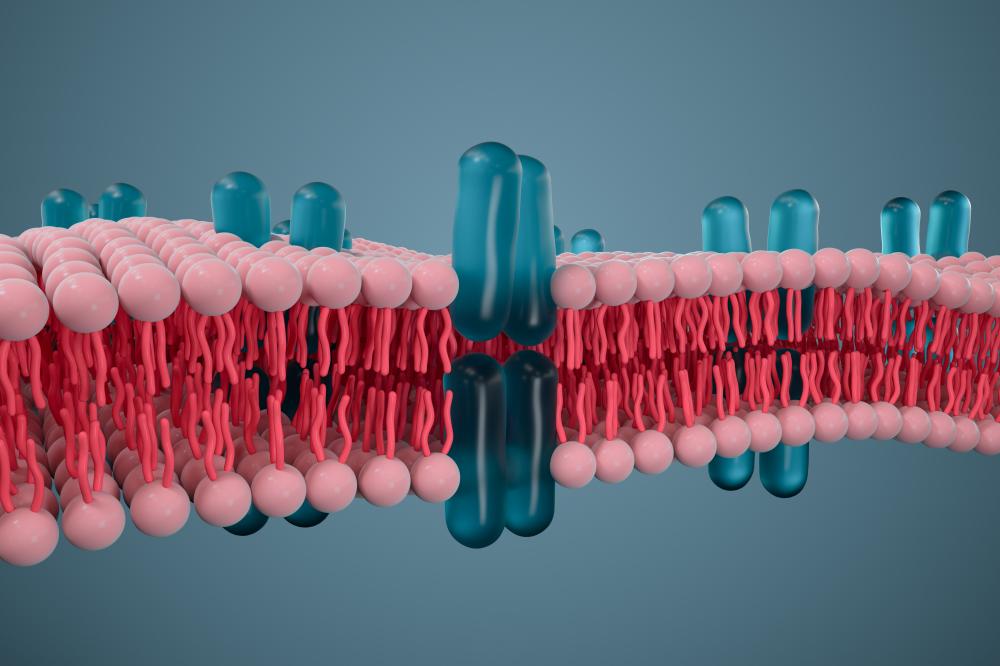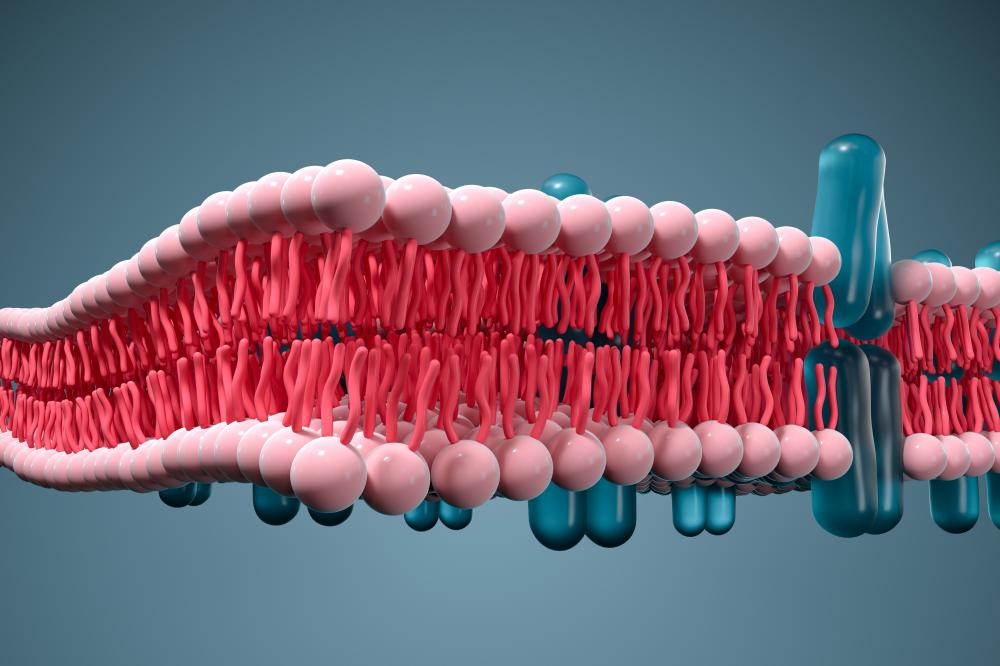Telomerase Activator

Understanding Telomerase Activator
At TA-65 Europe, we are pioneers in the field of cellular rejuvenation, focusing on the groundbreaking role of telomerase activator in promoting health and vitality. Our journey into this revolutionary science is driven by our passion to offer solutions that slow down the aging process, enhancing your body's natural defense mechanisms.
The Science of Telomeres
Telomeres serve as protective caps at the ends of chromosomes, safeguarding genetic data during cell division. However, each division sees these telomeres shorten, a process closely associated with aging. It is here that the telomerase activator plays a crucial role, by promoting the maintenance and lengthening of telomeres, thus fostering cellular rejuvenation.
Telomerase Activator and Cellular Health
A closer look at TA-65®
Our flagship product, TA-65®, is a testament to our commitment to combatting cellular aging. Sourced from the astragalus plant, this compound is clinically proven to activate telomerase, hence extending telomeres. Our research and development team has rigorously tested TA-65® to ensure its efficacy and safety, making it a cornerstone of our approach to enhancing cellular well-being.
Benefits beyond anti-aging
Apart from its anti-aging properties, telomerase activator has shown promise in supporting the immune system, improving skin health, and boosting energy levels. Our customers often report feeling a renewed sense of vitality, a testament to the comprehensive benefits of activating telomerase.
Integrating Telomerase Activator Into Your Life
Embracing a lifestyle that includes TA-65® involves more than just supplementation. It's about a holistic approach to health that encompasses nutritious eating, regular exercise, and stress management - all of which contribute to optimal telomere health.
Testimonial Evidence
Nothing speaks louder than the experiences of those who have incorporated TA-65® into their lives. From improved energy levels to a more youthful appearance, our clients share stories of transformation that inspire our ongoing mission at TA-65 Europe.
The Research Behind TA-65
Our commitment to innovation is backed by rigorous scientific research. Studies highlighting the effectiveness of TA-65® in cellular rejuvenation underscore our evidence-based approach, with positive outcomes in telomere lengthening front and center in our ongoing exploration of anti-aging solutions.
Addressing Concerns
We understand the significance of making informed health decisions. Dr. Maria Hörmann and our team are dedicated to addressing any queries you may have about TA-65® and its role in supporting cellular health. Our goal is to provide you with the knowledge you need to make choices that best suit your health and well-being.
Looking Ahead
As we continue our journey at TA-65 Europe, our focus remains on uncovering new frontiers in the fight against cellular aging. By staying at the forefront of telomerase activation research, we are committed to bringing you the most effective solutions for promoting longevity and vitality.
Joining the TA-65 Europe Community
For those keen to stay updated on the latest developments and innovations from TA-65 Europe, we encourage you to subscribe to our newsletter. It's more than just a subscription - it's an invitation to join a community dedicated to exploring the potential of telomerase activation in achieving unparalleled health and vitality.
FAQ
What is telomerase activator?
Telomerase activator, specifically our TA-65®, is a compound designed to activate the enzyme telomerase. This activation has the potential to extend telomeres, the protective caps on chromosomes, thereby promoting cellular rejuvenation and combating aging.
How does TA-65® support the immune system?
By maintaining the length of telomeres and promoting cellular health, TA-65® supports the immune system's ability to function optimally. Healthier cells contribute to a more robust immune response, safeguarding the body against various health concerns.
Can anyone use TA-65®?
While TA-65® is designed to support cellular health across various age groups, we recommend consulting with Dr. Maria Hörmann or your healthcare provider to determine if it's the right choice for your specific health needs and circumstances.
- Telomerase Activation: Unlocking the Secrets to Cell Rejuvenation
- The Multifaceted Benefits of TA-65®: Beyond Anti-Aging
- Embracing a Holistic Approach to Longevity
- Client Stories: Real-life Transformations
- The Science of Staying Young: The Research Behind TA-65®
- Making Informed Choices for Your Health
- The Future of Anti-Aging: Innovations at TA-65 Europe
- Become Part of Our Growing Community
At TA-65 Europe, we are more than just a provider of anti-aging solutions; we are your partners in the journey towards achieving and maintaining optimal cellular health. Experience the revolutionary benefits of telomerase activation and join us in redefining the boundaries of health and vitality.

What is telomerase activator?
At TA-65 Europe, when we talk about telomerase activator, we're referring to a compound, notably our signature product TA-65®, designed to kickstart the enzyme telomerase. By doing so, it encourages the extension of telomeres, those crucial protective caps on our chromosomes, which plays a vital role in cellular rejuvenation and the broader combat against aging. Imagine it as giving a new lease of life to our cellular engines, allowing them to run smoother and longer, hence contributing to a more vibrant, healthier existence.
How do you activate telomerase naturally?
While our focus is on providing a scientifically proven pathway through TA-65®, it's fascinating to discuss natural telomerase activation. A lifestyle featuring a balanced diet rich in antioxidants, regular physical activity, stress management, and adequate sleep has been hinted at in studies to contribute to maintaining telomere length. It's as if by taking care of our body holistically, we're also nurturing our telomeres, although the direct connection to telomerase activation is more explicitly demonstrated through targeted treatments like TA-65®.
What herb activates telomerase?
The astragalus plant holds the crown in this realm. TA-65®, our flagship product, is derived from this ancient herb, known for centuries in traditional Chinese medicine for its healing properties. The potent compounds within astragalus have been refined and concentrated in TA-65® to provide a direct route to activating telomerase. While the herb itself contains compounds thought to support telomere length, TA-65® offers a targeted, effective approach, concentrating these benefits into a form suitable for daily intake.
What increases telomerase activity?
In addition to the active compounds found in TA-65®, derived from astragalus, there are various lifestyle factors that might play a role in supporting telomerase activity. A nutritious diet, exercise, stress reduction, and avoiding harmful habits like smoking can all contribute to a healthier cellular environment. While these lifestyle factors support overall well-being, including possibly assisting in maintaining telomere length, direct telomerase activation with demonstrated clinical benefits is primarily achieved through targeted therapeutics like TA-65®.
What are the benefits of using a telomerase activator?
By extending the life of telomeres through activation of the telomerase enzyme, TA-65® aims to not just slow down cellular aging but to enhance cellular function, contributing to improved overall health. Customers have reported benefits ranging from higher energy levels, improved skin health, to better immune function. It's like giving your cells a tune-up, enabling them to operate more effectively and resiliently. Plus, the potential to curb aging at a cellular level speaks volumes about its implications for long-term health and vitality. These cutting-edge benefits are backed by our commitment to rigorous scientific research and development, ensuring that when you choose to integrate TA-65® into your life, you're selecting a path supported by groundbreaking science and real-life success stories.
Resources
- Telomerase Activation: Unlocking the Secrets to Cell Rejuvenation - A scientific article discussing the role of telomerase activation in cellular rejuvenation.
- The Multifaceted Benefits of TA-65®: Beyond Anti-Aging - An article from Harvard Health Publishing exploring the various benefits of TA-65® beyond anti-aging.
- Embracing a Holistic Approach to Longevity - Information from the National Institute on Aging about holistic approaches to promoting longevity.
- Client Stories: Real-life Transformations - Stories of real clients who have experienced transformations from using telomerase activator.
- The Science of Staying Young: The Research Behind TA-65® - A research article on the effectiveness of TA-65® in cellular rejuvenation.
- Making Informed Choices for Your Health - Expert answers from Mayo Clinic on telomeres, aging, and health choices.
- The Future of Anti-Aging: Innovations at TA-65 Europe - Information from the National Institute on Aging on future anti-aging innovations.
- Become Part of Our Growing Community - World Health Organization resources on aging and health topics.
